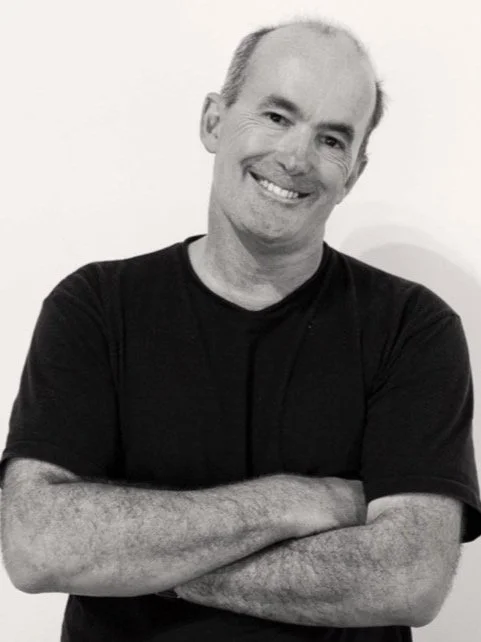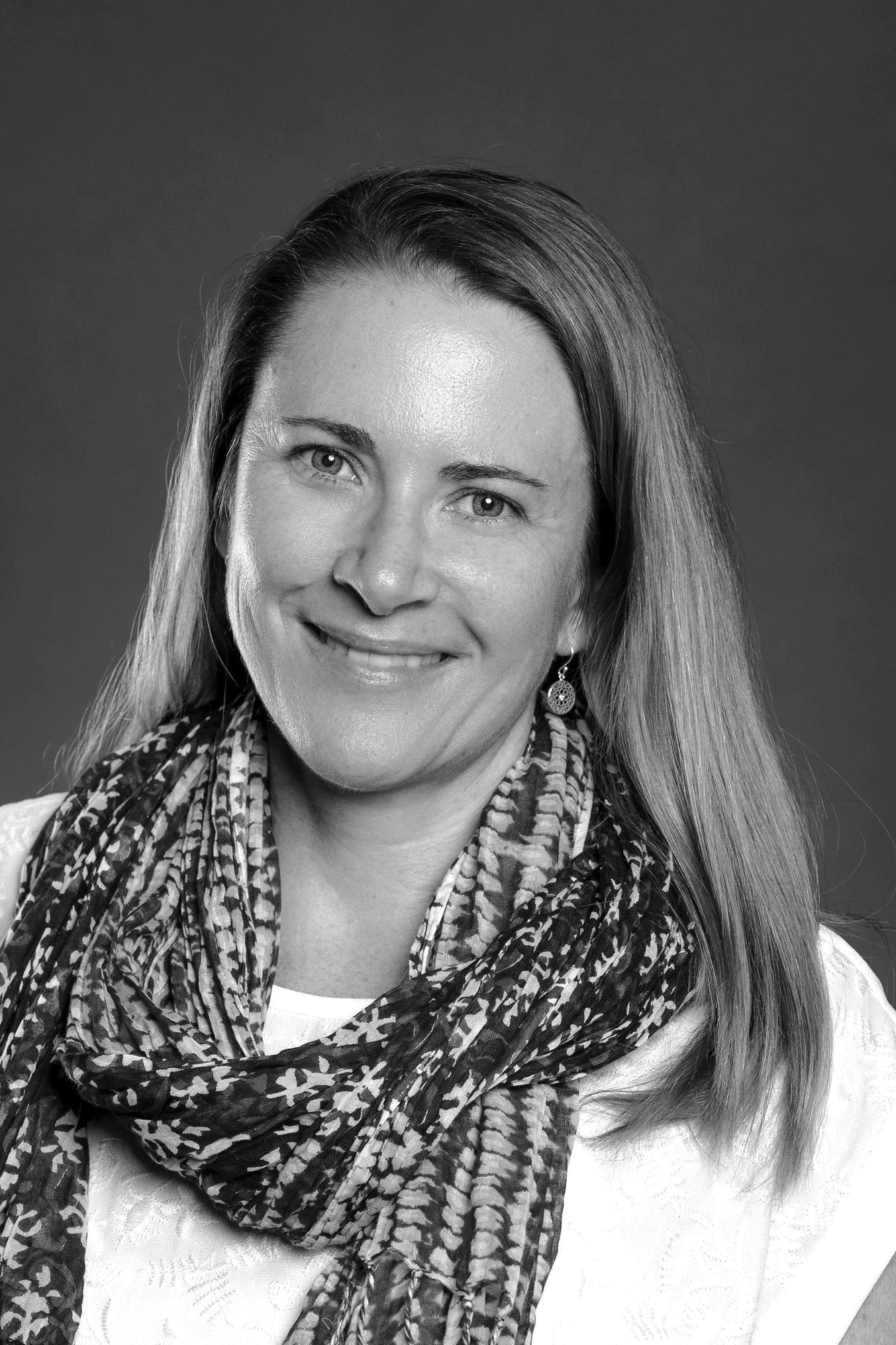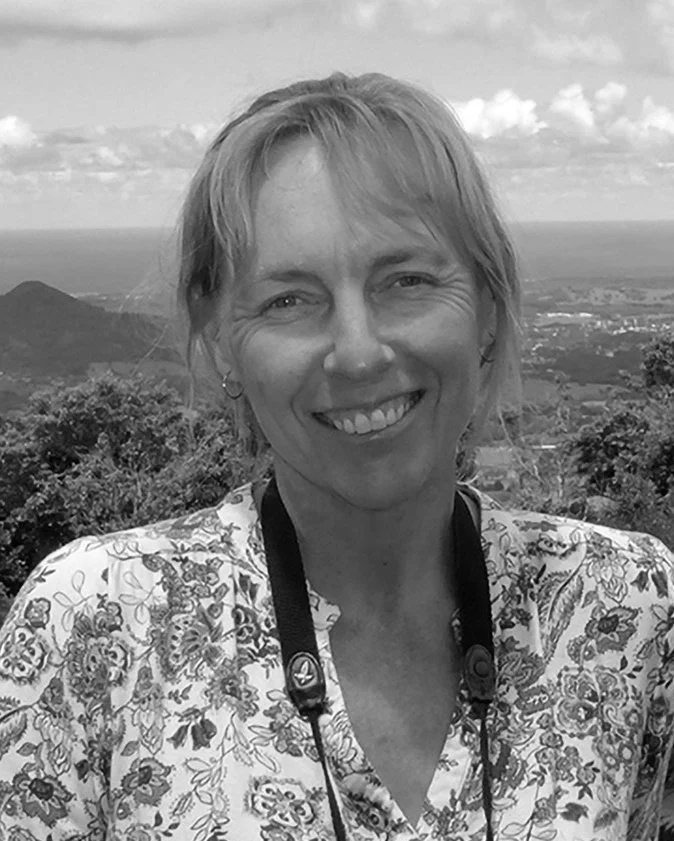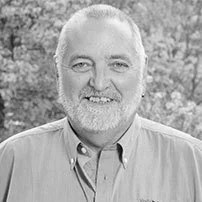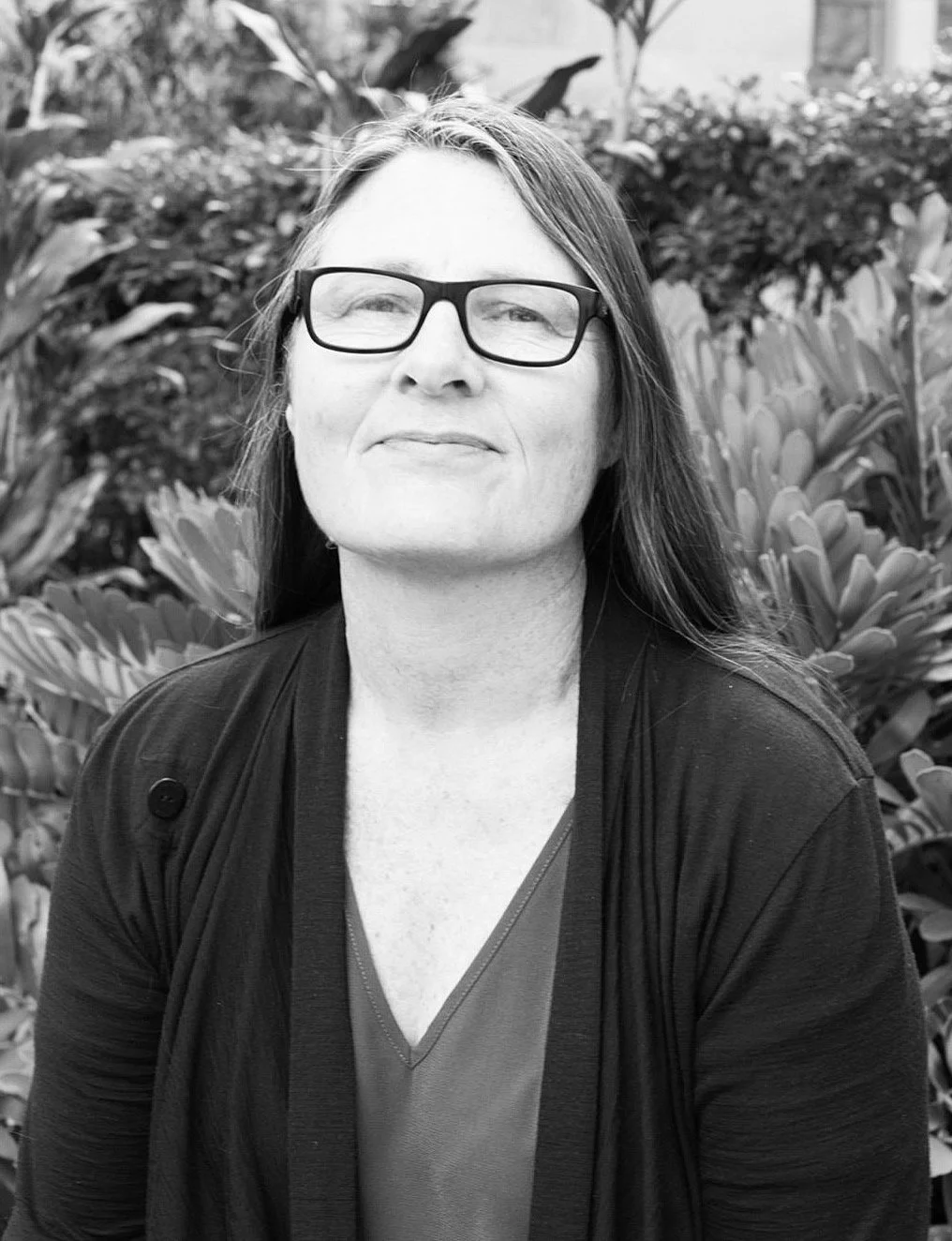Independent Science Committee.
The Independent Science Committee (ISC) is a technical body that meets regularly to review and provide advice on the suitability of Methods for use under the Accounting for Nature® Framework for accreditation. To ensure Methods are of the highest scientific standard, the members of the Committee have been selected from a wide range of disciplines and are some of the most highly respected experts in their fields. Environmental Accounts submitted to be certified by Accounting for Nature® must be based on a Method approved by the Committee.
Mike Grundy - Chair
has a long-standing research interest in spatial soil and landscape science and its application to agricultural and forest production, environmental protection and systems approaches to complex problems – and has led major multi-disciplinary natural resource assessment activities for over 30 years.
He has had roles in Universities, State Agencies and most recently CSIRO where he was the Research Director – Soil and Landscapes. He has recently retired from full time work but has continuing connections and activities with the Terrestrial Ecosystem Research Network, the UN Office for Disaster Risk Reduction, the University of Sydney, the University of Queensland as well as the Wentworth Group of Concerned Scientists.
Prof Bradley Moggridge
is a proud Kamilaroi man living on Ngunnawal Country in Canberra. He is a Professor of Science and A/Associate Dean (Indigenous) at UTS. Previously an Associate Professor Indigenous water science at the UC. He has qualifications in Science PhD. (UC), hydrogeology MSc. (UTS) and environmental science BSc. (ACU). While undertaking his PhD he was the Indigenous Liaison Officer for the Threatened Species Recovery Hub. He is on several Boards (NSW EPA, NYSF and Biodiversity Council) and member of considerable committees, societies and groups. He is current President of the Australian Freshwater Science Society, a member of the Wentworth Group, a Fellow of the Peter Cullen Trust and Alumni of the International Water Centre. Brad has won several awards, has presented widely and published in his area of expertise. He has 25 years experience in water and environmental science, climate, cultural science, regulation, water planning and biodiversity. He hopes to encourage future Indigenous generations to pursue STEM and promote his ancestors' knowledge of water.
Prof Ove Hoegh-Guldberg
is a distinguished Professor of Marine Studies at the University of Queensland in Brisbane, Australia. Over the past decade, he has served in several pivotal roles, including Founding Director of the Global Change Institute, Deputy Director of the Centre for Excellence in Coral Reef Studies, and Affiliated Professor in Tropical Marine Biology at the University of Copenhagen. Ove's research focuses on the impacts of global change on marine ecosystems, and he is among the most cited authors on climate change and marine systems, as well as the coordinating Lead Author of two major IPCC reports.
Ove was elected to the Australian Academy of Science in 2013 and has been instrumental in ensuring the most accurate science is communicated through appointments as Chief Scientist to the Great Barrier Reef Foundation and the Coral Reef Rescue Initiative. He received the Prince Albert II 2014 Award for Climate Change, and the 2016 International Award from the Banksia Foundation.
Dr Rebecca Bartley
Dr Rebecca Bartley is a Senior Research Scientist with the CSIRO based in Brisbane. She has ~25 years of experience in landscape erosion and restoration research primarily in the Great Barrier Reef catchments. Utilising a range of techniques, including isotope tracing, dating, monitoring and modelling, she and her team are investigating the effectiveness of erosion management strategies to improve water quality and land condition in agricultural areas. Dr Bartley is an author of >80 publications including synthesis documents such as the Great Barrier Reef Scientific Consensus Statement. She also served on the Queensland Government Ministerial Great Barrier Reef Water Science Taskforce (2015) and is a member of the joint Australian and Queensland Government Reef Independent Expert Panel (2022). Dr Bartley is passionate about ensuring research results are used to support Australia’s land and seascapes for future generations.
Prof Fran Sheldon
is Head of School, School of Environment and Science, in the Griffith Sciences Group at Griffith University and a Research Member in the Australian Rivers Institute. Her research explores the relationships between hydrology, physical geomorphology and ecology in river systems, particularly large dryland rivers such as those of the Murray-Darling Basin and the Lake Eyre Basin.
Prof Owen T Nevin
is the CEO of the Western Australian Biodiversity Science Institute (WABSI) and is an experienced conservation biologist and research leader with more than 25 years’ experience in the conservation and management of large carnivores globally and extensive experience in senior leadership in higher education and research. He has held significant positions including as Head of the National School of Forestry (UK) and Associate Vice-Chancellor at CQUniversity Australia. In 2008 he was elected as a Fellow of the Zoological Society of London and 2017 was appointed as Anniversary Visiting Professor of Conservation Biology at the University of Cumbria. He holds an Adjunct Professorship at CQUniversity and a Ministerial appointment to the Western Australian Biosecurity Council.
Prof Sarah Legge
is a Professor at Charles Darwin University and an Honorary Professor at the Australian National University. She is a wildlife ecologist with 30 years of research and conservation management experience with a strong interest in monitoring and adaptive management to improve understanding of the impacts of threats (especially fire and feral animals) on threatened and declining species.
Prof Max Finlayson
is a wetland ecologist who has worked extensively on the inventory, assessment and monitoring of wetland biodiversity and ecosystem services, in particular in tropical and sub-tropical climatic regimes, and covering pollution, invasive species and climate change. He has participated in global assessments such as those conducted by the Intergovernmental Panel for Climate Change, the Millennium Ecosystem Assessment, the Global Environment Outlook, Water Management in Agriculture, and the Global Wetland Outlook, and since the early 1990s has been a technical adviser to the Ramsar Convention on Wetlands.
Prof Catherine Lovelock
is a Professor at The University of Queensland. She is an ARC Laureate Fellow and Fellow of the Australian Academy of Science. Her research focuses on climate change and its impacts on coastal plant communities as well as the role of coastal wetlands in adaptation and climate change mitigation or blue carbon. She leads projects in Australia and internationally to enhance restoration of mangroves and other coastal wetlands for climate change mitigation, adaptation, and other benefits. She was lead author 2019 IPCC Guidelines for National Greenhouse Gas Inventories (Wetlands) and led the development of Australia’s first blue carbon method for the voluntary carbon market. She received the Suzanne Corey Medal (Australian Academy of Science) in 2023 in recognition of her outstanding research career.




